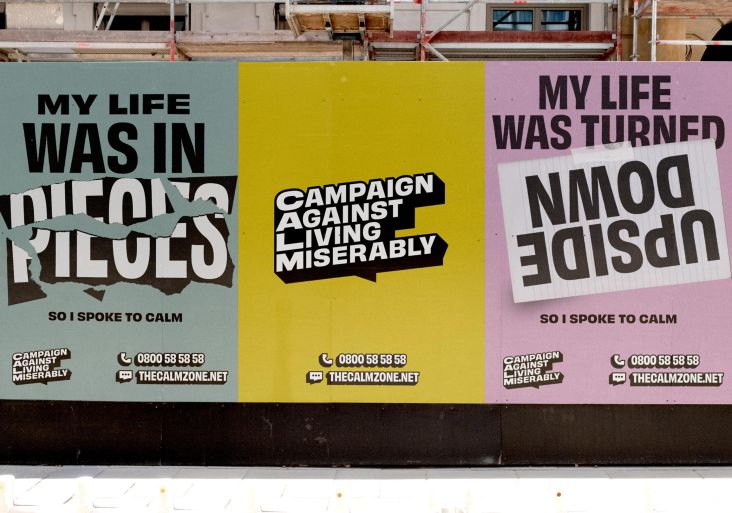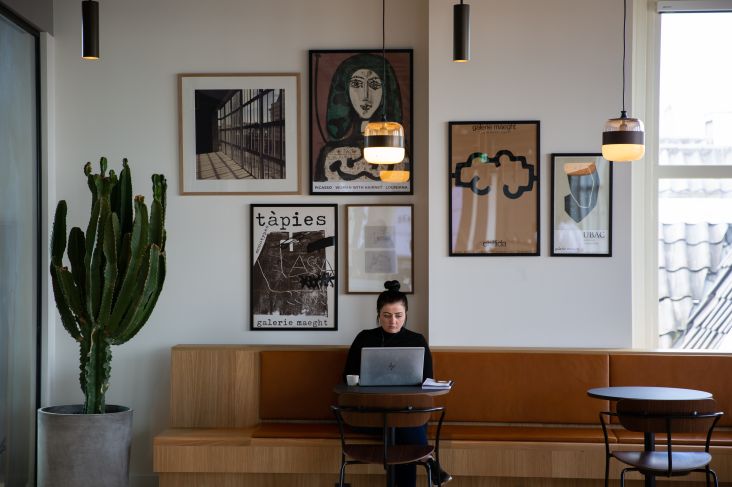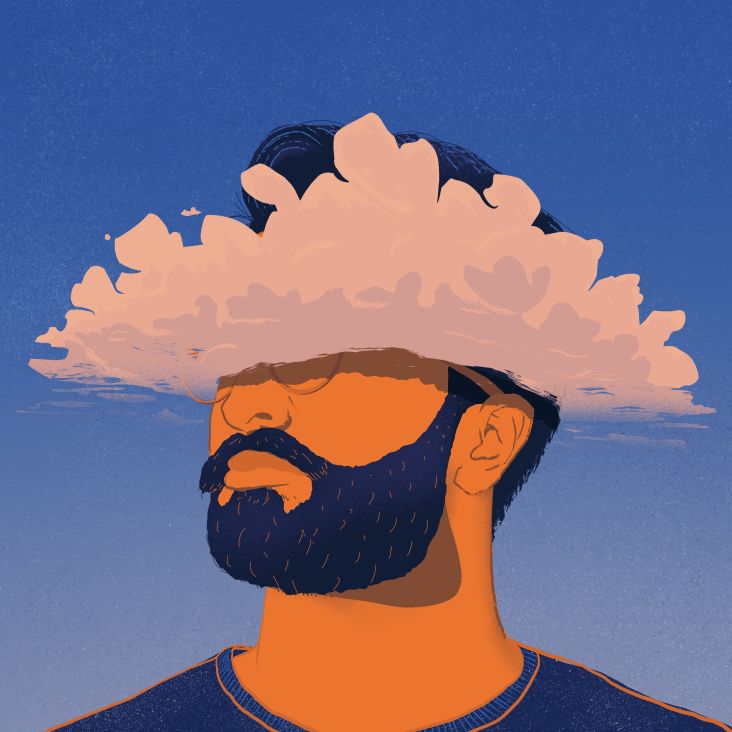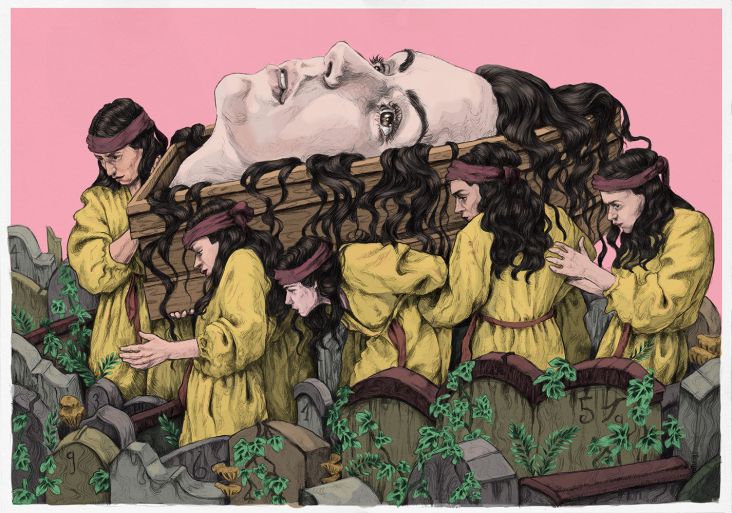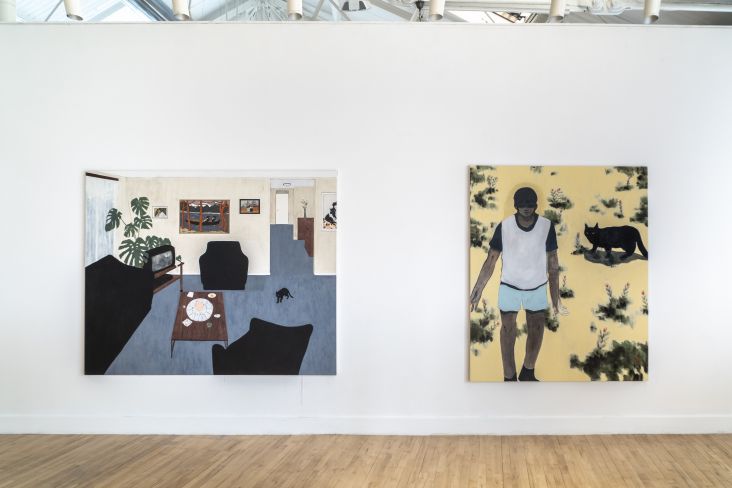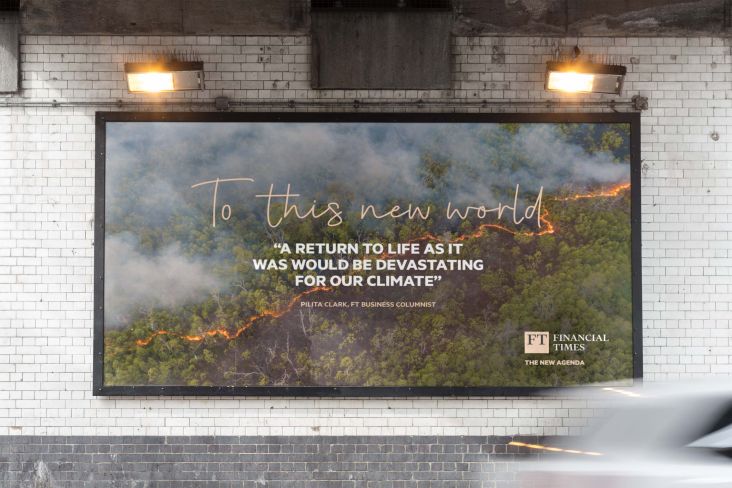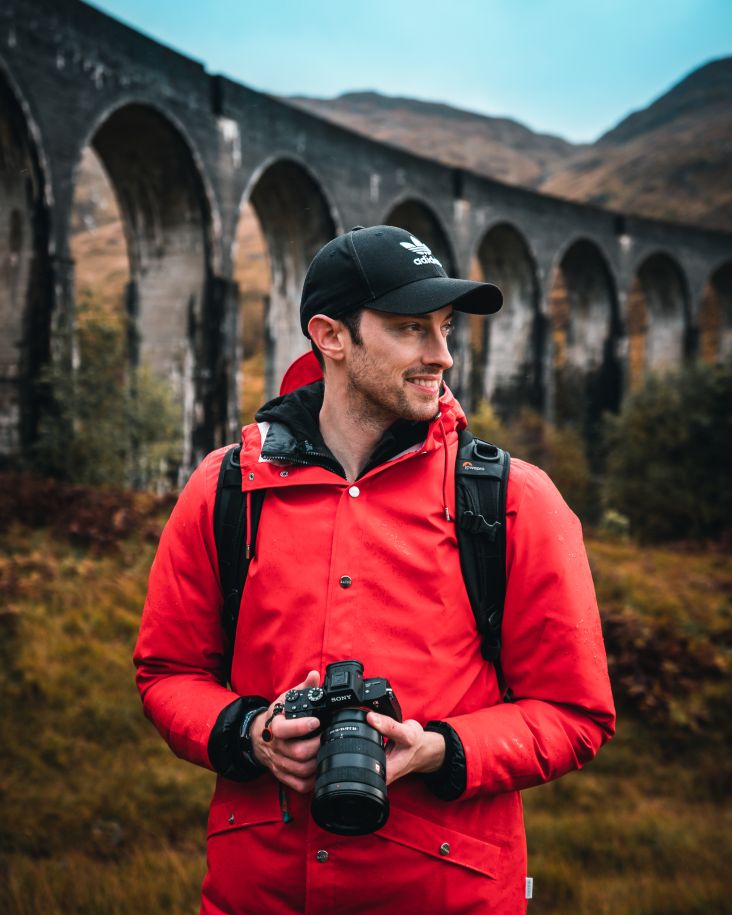Photographs by Lucas Foglia of the first summer in New York after the September 11 attacks
Most of us remember that fateful day when two planes deliberately flew into New York's Twin Towers, killing and injuring thousands. Two decades later, as America marks the 20th anniversary of the 9/11 attacks, photographer Lucas Foglia recalls what it was like to live there the following summer in a new book that documents the time.
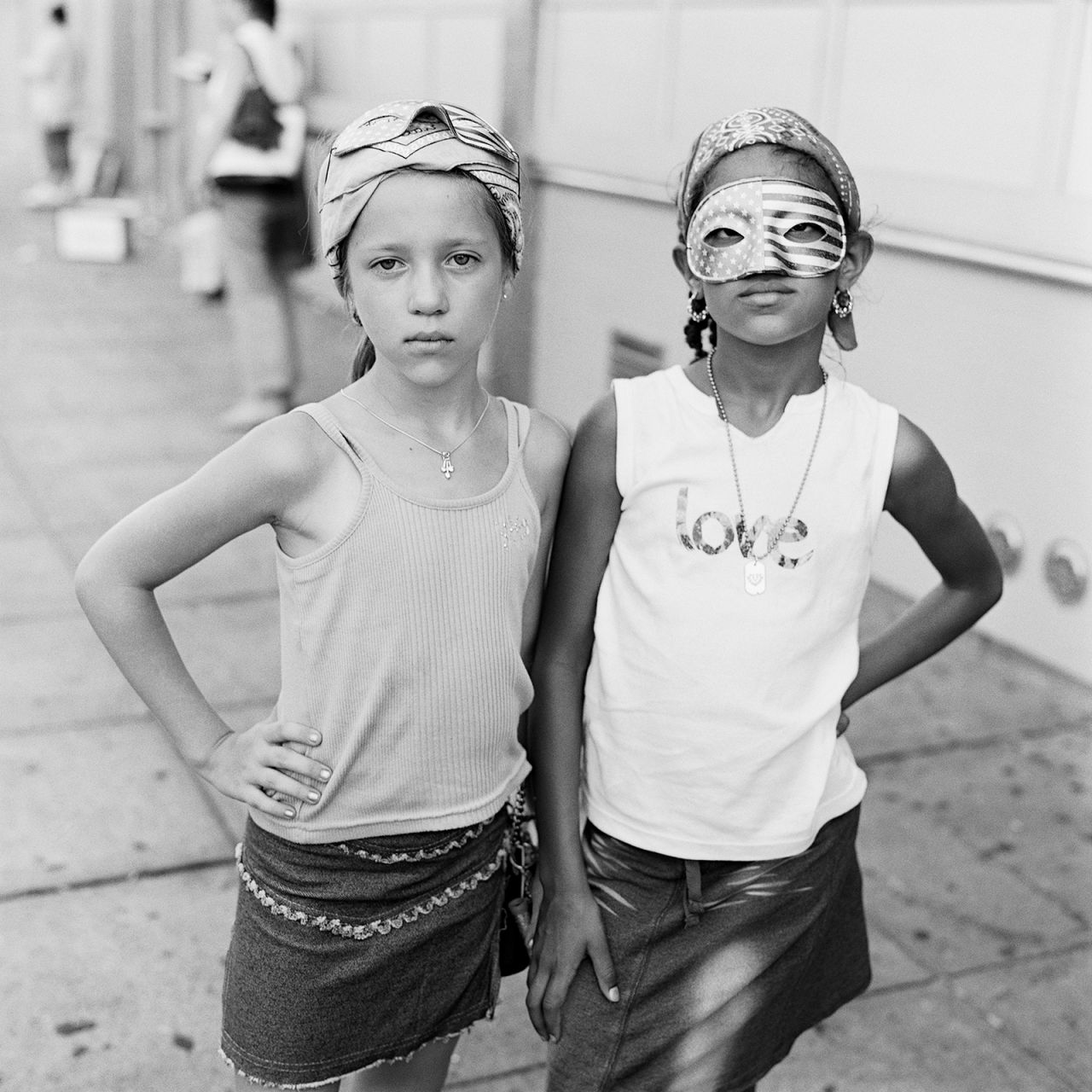
Desiree Blakis, right, and her best friend Dorota Dusza © Lucas Foglia
Lucas Foglia was just 19 years old when he moved to Manhattan from Long Island, leaving his family home to enjoy some independence in the big city. It was, of course, the first summer after the September 11 attacks, which today remains to be the deadliest terrorist act in the world: "Workers were removing the last of the debris from the collapsed Twin Towers," he recalls. "The city felt both immense and fragile compared to the groundedness of my childhood home."
He got a job working for Arnold Newman's photography studio and spent any spare time he had wandering New York's five boroughs with his camera. "When someone made eye contact with me, I asked if I could make a portrait of them," he says. "At first, I assumed people would respond with caution. I was a stranger. The city was recovering from an event that shook its sense of security. Yet, most people said yes and looked straight into my camera lens. I am grateful they chose to trust me."
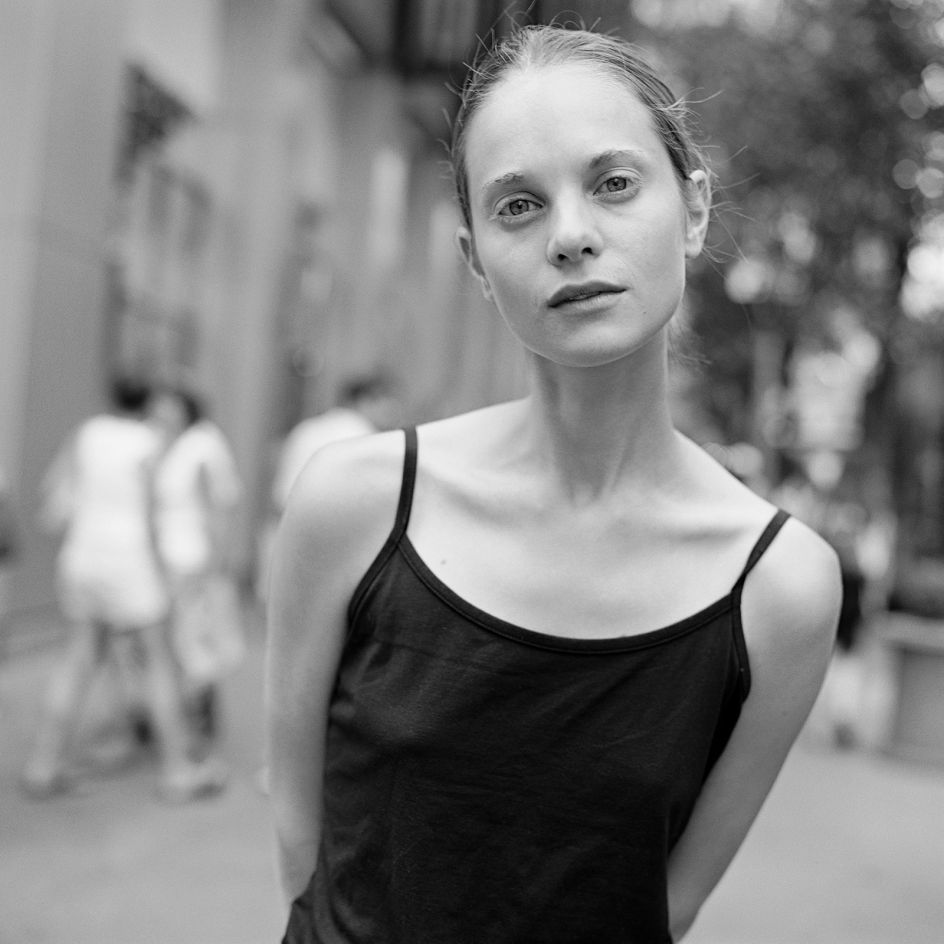
Robyn Moreno © Lucas Foglia
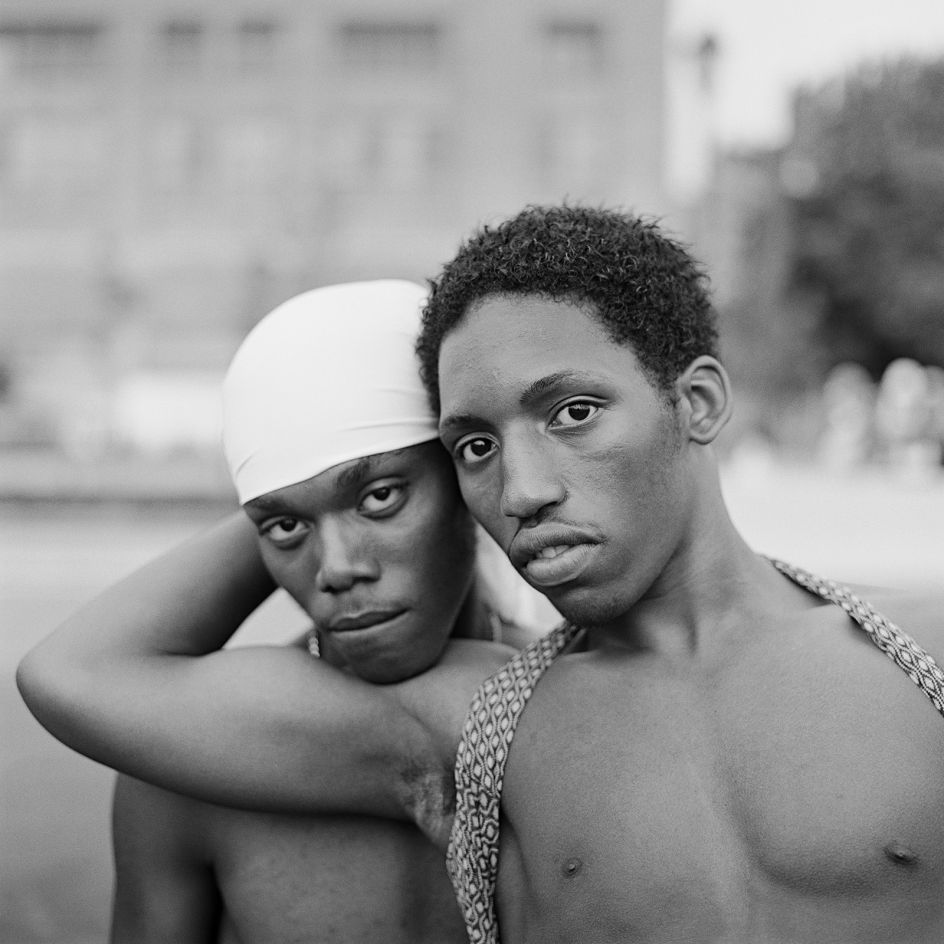
© Lucas Foglia
His photographs are now being brought together in a new book called Summer After, published on the 20th anniversary of the 9/11 attacks. Foglia's portraits not only show the tremendous diversity of New York City but also this feeling that when tragedy strikes, we need each other more than ever. It's something that is particularly poignant in 2021, as we begin to recover from a global pandemic. Foglia's portraits and their accompanying stories also remind us to approach strangers with compassion and empathy.
Of those photographed, we meet Desiree Blakis (above) who grew up in Greenpoint with her mother and grandmother. She is pictured with her best friend Dorota Dusza whom she met when her family moved in nearby. "In third grade, we had the strictest teacher ever. The littlest thing and she would make us stand and look out the window in complete silence. Our view from the school was the whole city.
"On 9/11, me and another student got in trouble. And while we were facing the window, we literally saw the plane go through the tower. We started screaming: 'Oh my God! Look! A plane crash!' And our teacher told us to stop because she thought we were trying to get attention.
"We were like: 'No! Just look out the window!' And then she walked over and closed the shades. She wouldn't even look. 'Now you're staying there longer'. And we stood there, looking at those dark brown shades. I was so mad."
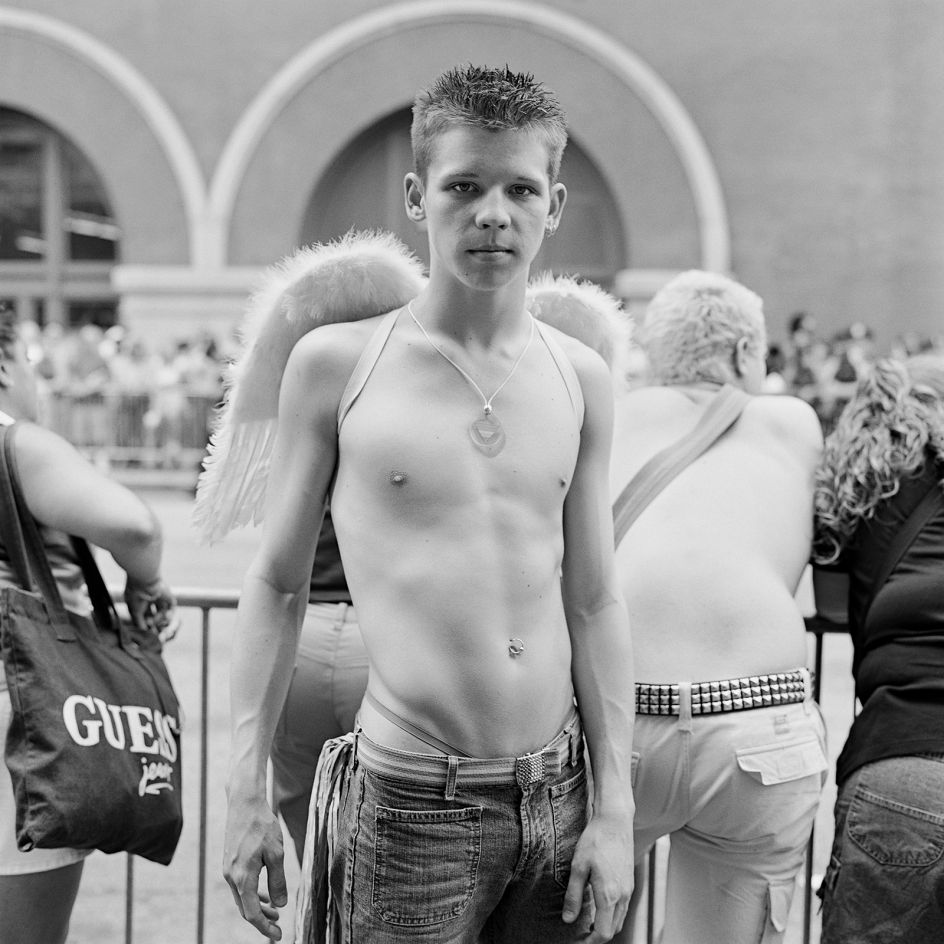
© Lucas Foglia
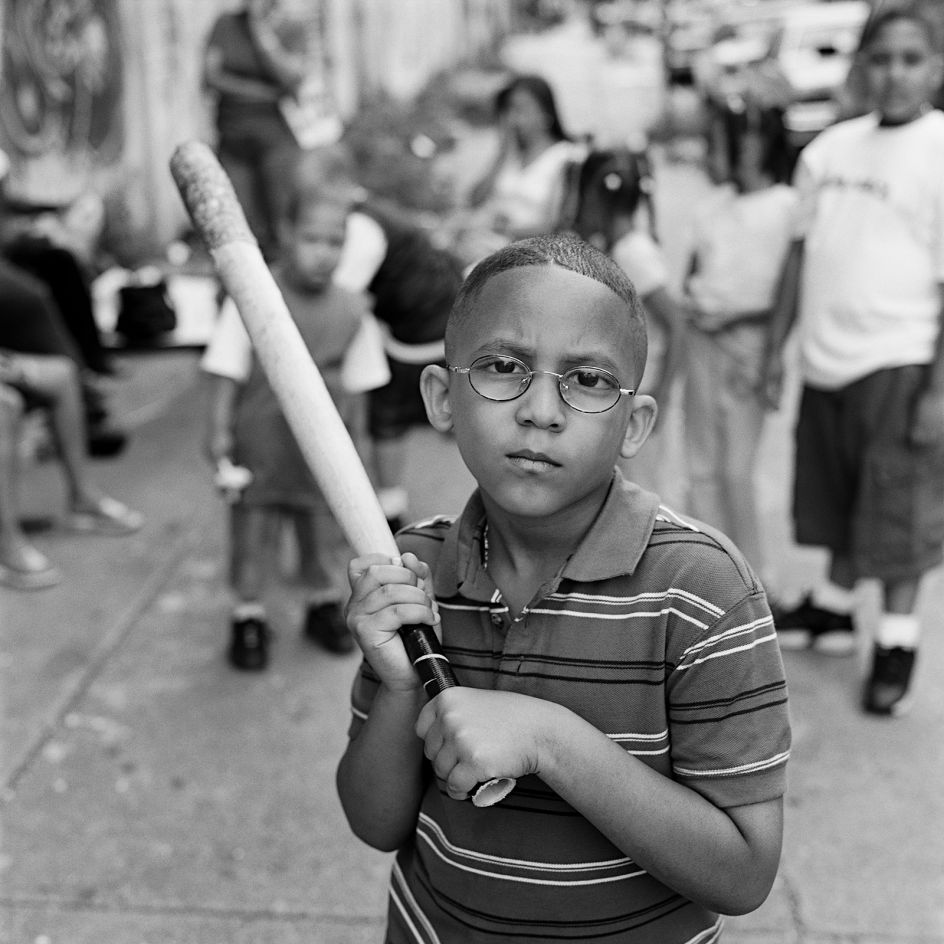
© Lucas Foglia
We also meet Robyn Moreno who was studying for her masters in Jeruselum when the attacks happened. "I was in my dormitory when I first heard about 9/11. I got a phone call from my father and he said, petrified: 'Are you okay?' My response was, 'Yeah, why?' And he told me what happened. We didn't have a television in the dorm, so I had to go across the street to a student lounge. A bunch of fellow students and I watched the whole thing, shocked and traumatised."
The following summer, Robyn visited New York City to meet her new husband's family. She adds: "I don't know when we will be able to look at strangers with trust again. The enemy is invisible this time. But maybe it's one and the same. It all generates fear and paranoia. It's a hard dichotomy: when you're scared of the person you're standing next to, yet you want to be empathetic."
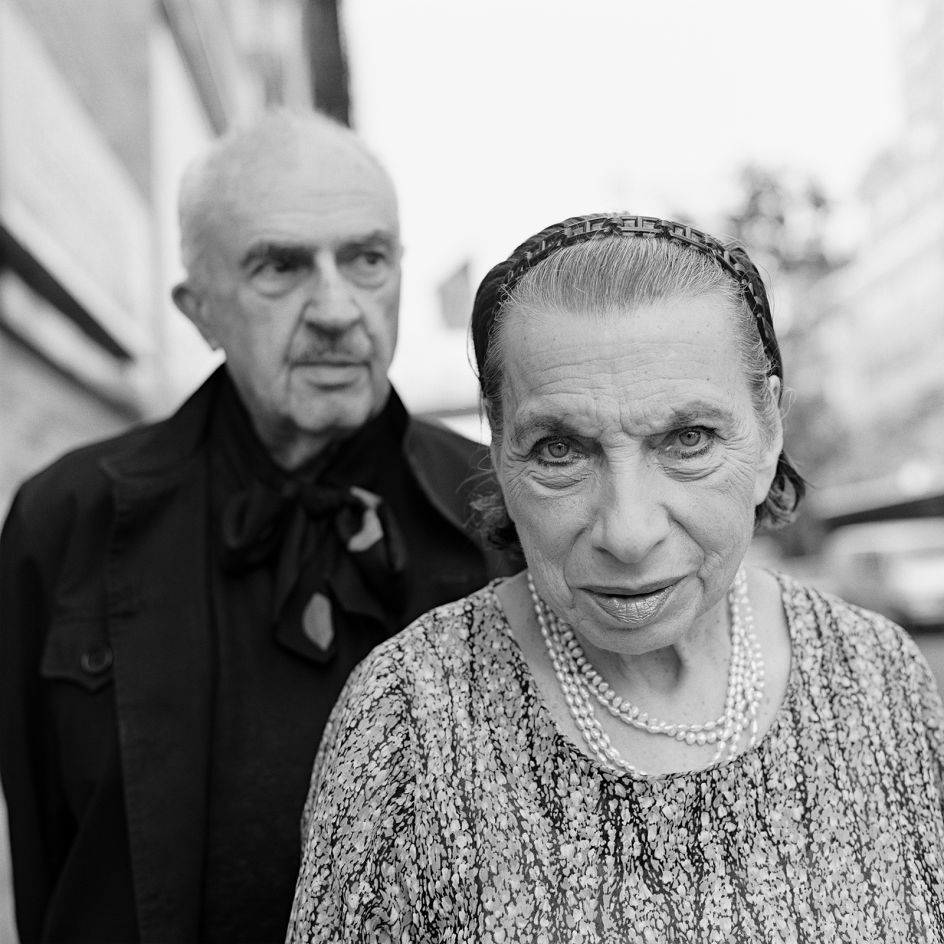
© Lucas Foglia
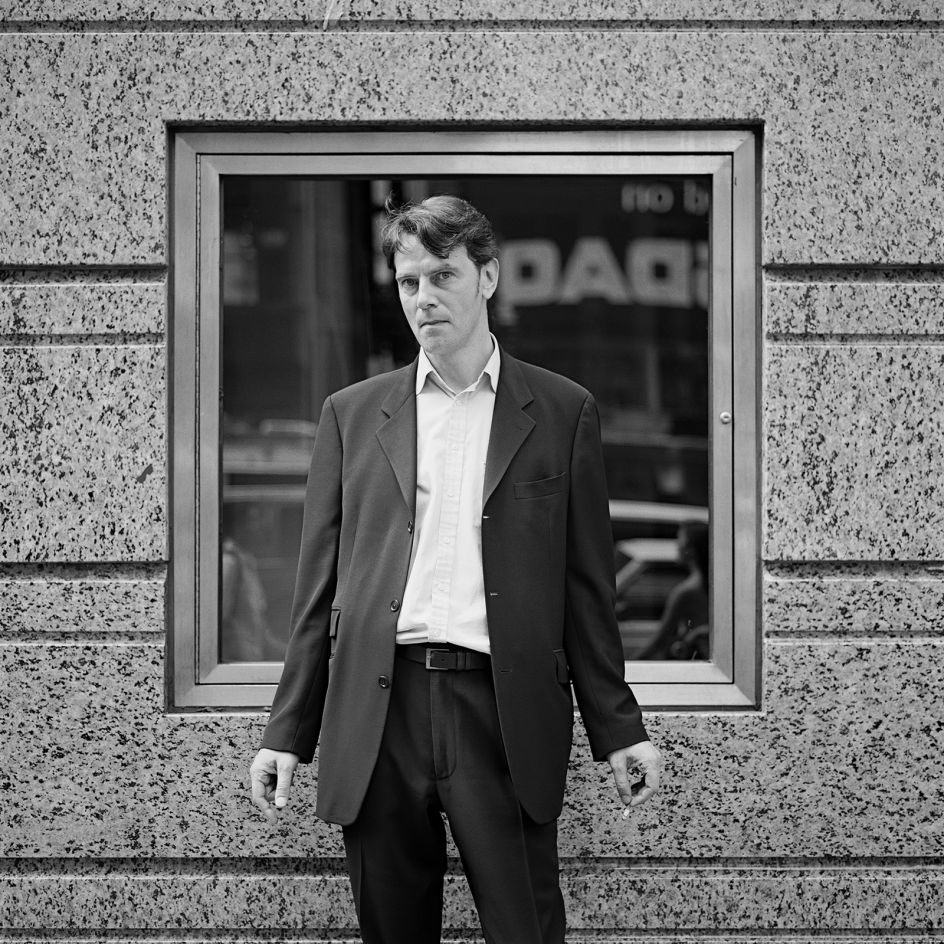
© Lucas Foglia
Foglia also bumped into Eleanor Kuntz who arrived in Brooklyn at a friend's house on 10 September 2001. The next morning, she was due to start a new job when her boss called and told her that something was happening in Manhattan. "He said, 'You're in Brooklyn. You have a good view. Go on your roof. Craziness is happening'."
And so Eleanor and her friends went onto the roof. "We saw the second plane hit the second tower. We didn't really know what to do except walk towards the bridge. People were just flooding over. Women carrying their shoes. People covered in grey ash. It was raining ash and pieces of paper. It was one of the most powerful experiences of my life.
"You had people buying all the water in the grocery stores, bringing their shopping carts out in the street, and just handing bottles out. I had never witnessed that kind of disaster and hurt, and also an outpouring of love and care at the same time.
"The summer after 9/11, people were outside a lot. New Yorkers live outside of their apartments, out in the city. It didn't matter how small our place was because the whole city was really our home."
Summer After by Lucas Foglia is published by STANLEY / BARKER and is available from today, 11 September 2021, marking the 20th anniversary of the 9/11 attacks.
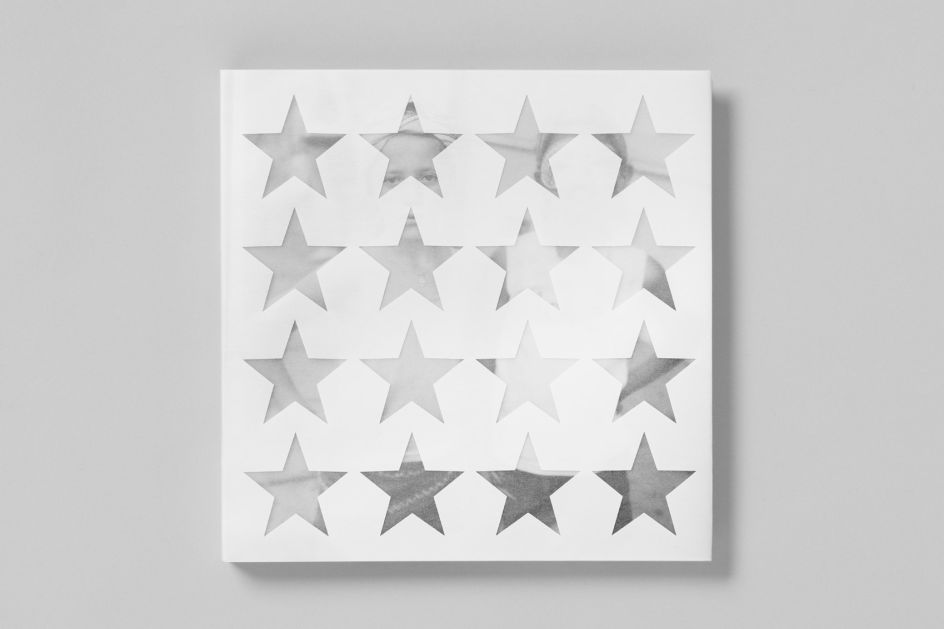
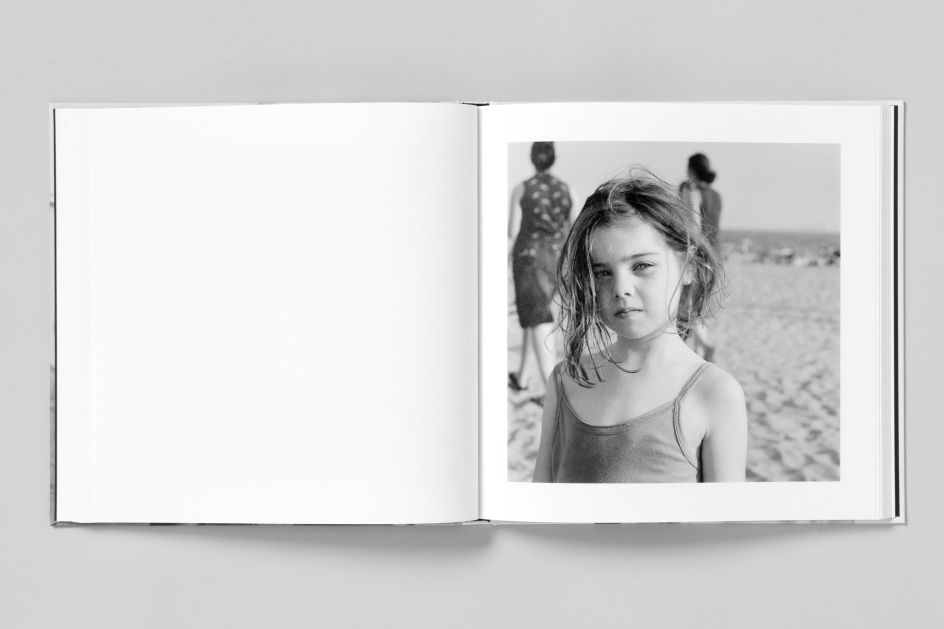




 by Tüpokompanii](https://www.creativeboom.com/upload/articles/58/58684538770fb5b428dc1882f7a732f153500153_732.jpg)


 using <a href="https://www.ohnotype.co/fonts/obviously" target="_blank">Obviously</a> by Oh No Type Co., Art Director, Brand & Creative—Spotify](https://www.creativeboom.com/upload/articles/6e/6ed31eddc26fa563f213fc76d6993dab9231ffe4_732.jpg)








